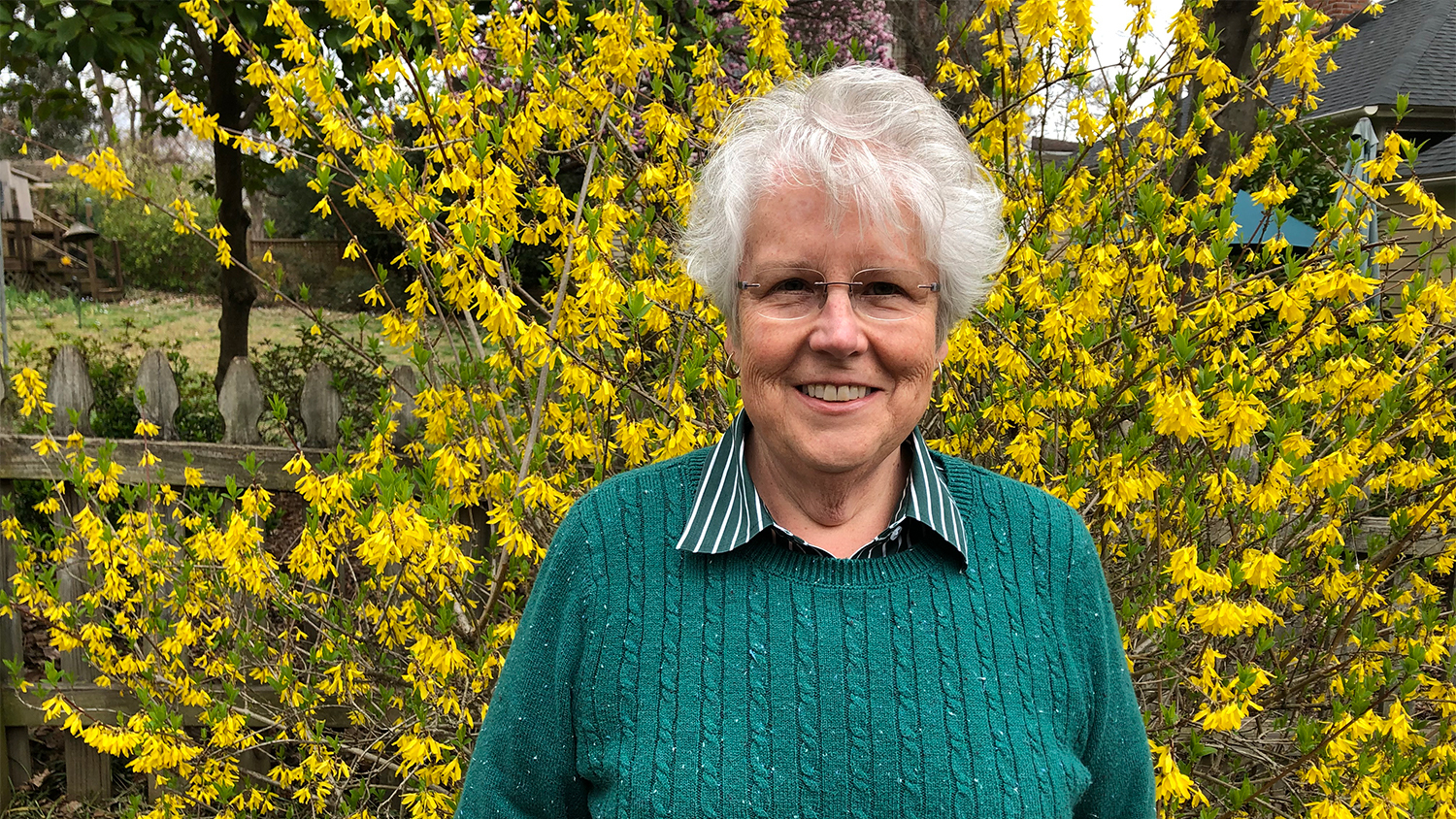Women in Natural Resources: Forestry Professor Mary Watzin

Mary Watzin is a professor in the Department of Forestry and Environmental Resources at the NC State College of Natural Resources. She holds a bachelor’s degree in marine sciences from the University of South Carolina and a Ph.D. in marine sciences from the University of North Carolina at Chapel Hill.
For 22 years, Watzin taught at the Rubenstein School of Environment and Natural Resources at the University of Vermont, where she served four years as dean. In 2012, she came to NC State and served as dean of the College of Natural Resources until 2019. Watzin’s research specialties include aquatic ecology and watershed management, and she has a wide-ranging program of research focused on understanding how human activities influence ecosystem health and how adaptive management can be used to improve environmental outcomes.
We recently spoke with Watzin about her experience as a woman in the field of natural resources. The following Q&A is a part of a Women’s History Month series highlighting the outstanding contributions female faculty and staff have made to the College of Natural Resources.
What has it been like as a female to study within your field and pursue your career?
In the beginning, it was a little lonely. I was an undergraduate in the late 1970s when there were very few women in the environmental sciences. I am so pleased to see so many women in the field now.
What challenges have you faced in pursuing your degree(s) and/or career?
By graduate school, I knew I wanted to do field research in marine and watershed science. But not everyone thought women should work in this area, and some actively suggested I might prefer a different path. But I also found mentors and friends along the way, and they made all the difference.
Do any have specific memories of experiences in your career that stick with you?
After 37 years, there are many memories. I’ve had an awesome career in a field I love, and I wouldn’t change it for the world, despite challenges along the way.
Tell us about someone who supported and encouraged you to pursue your work.
My first special mentor was my professor in “Marine Science 101.” He recognized my interest, told me I was “good at science,” encouraged me to pursue my undergraduate degree in marine science, and later, to go to graduate school. He gave me the confidence to pursue what I loved.
Why are you passionate about your work?
I love the mystery of science – figuring out how the world works – and then applying that knowledge to find solutions to environmental challenges. As corny as it sounds, I’ve always wanted to make the world a better place, both through my research and by empowering others to do their best work.
What advice would you give to young female professionals entering your field?
I can’t say there won’t be hurts along the way but never let that stop you. Stick up for yourself and go after what you want. Don’t be afraid to take some risks, find people who can help and support you (they are almost always there), choose your path forward and never look back. When you’ve made it, don’t forget to give a hand up to the next woman coming behind you.
- Categories: